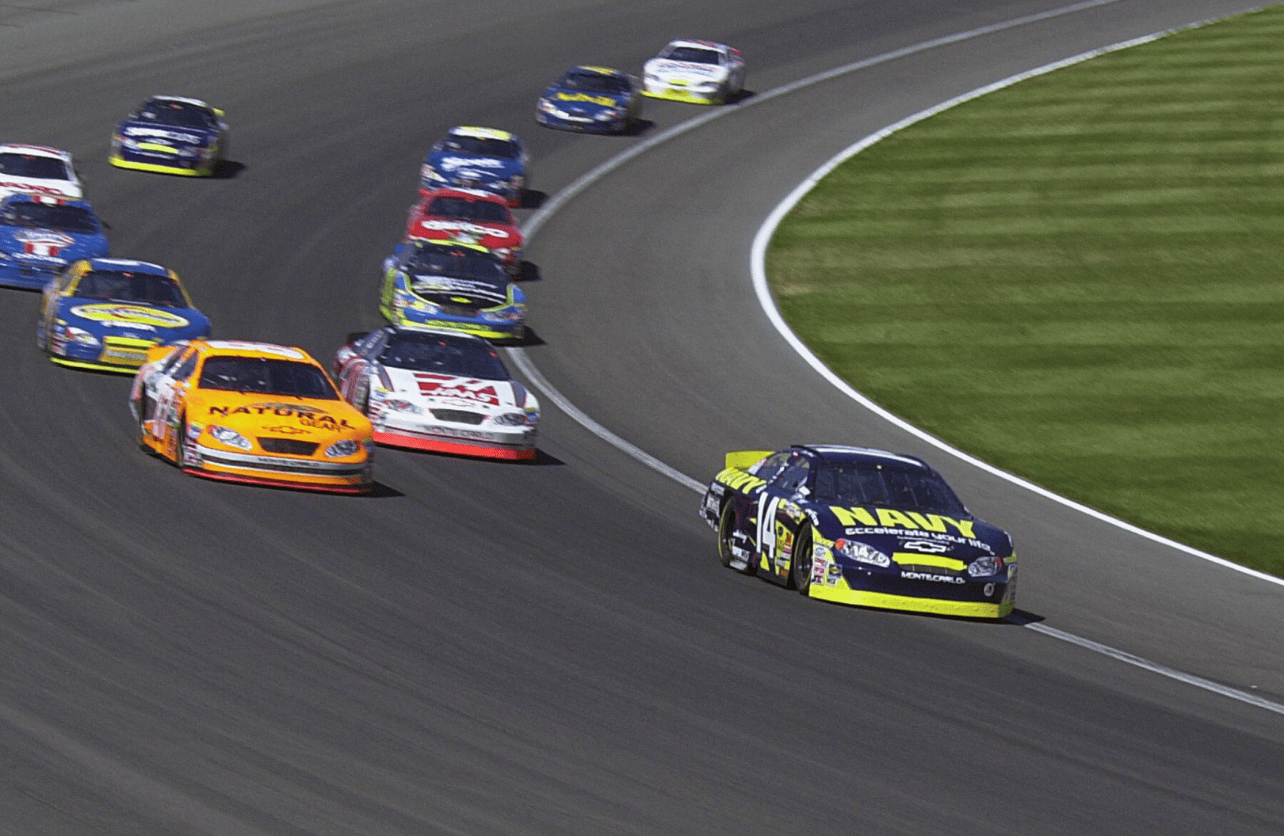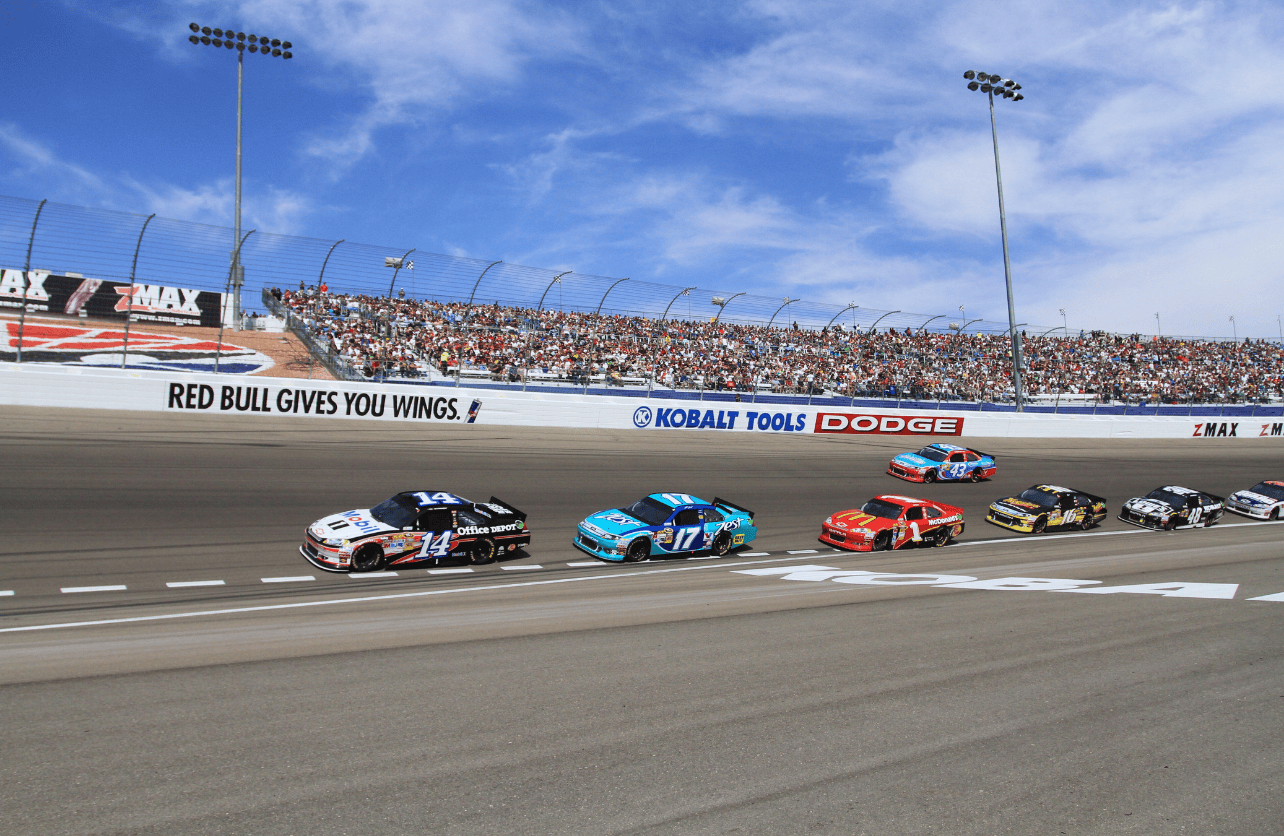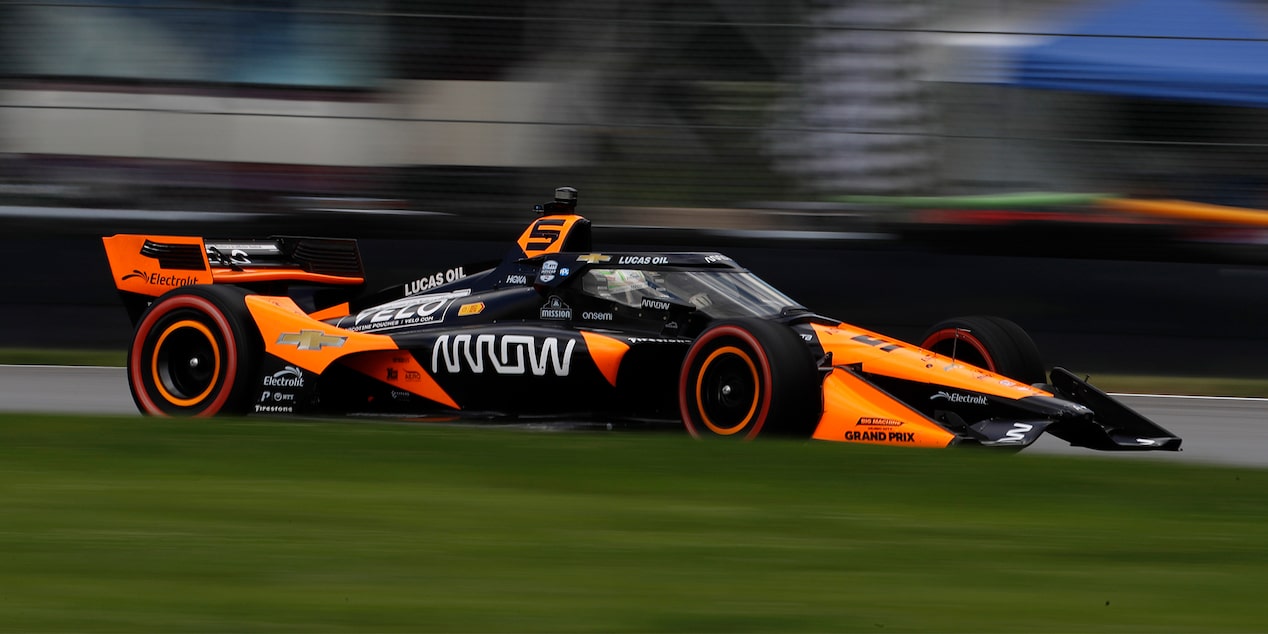How Fast Do NASCAR Cars Go?

NASCAR vehicles are synonymous with speed and high-octane thrills, pushing the limits of what’s possible on the racetrack. But how fast can they actually go? This article delves into the top speeds of NASCAR cars, the factors that influence their performance, and how they compare to other racing series.
Top Speeds in NASCAR

The fastest NASCAR cars have made history with record-breaking speeds. Here’s a look at their capabilities:
- The All-Time Record
In 1987, Bill Elliott achieved an astonishing 212.809 mph during a qualifying lap at Talladega Superspeedway. This remains the fastest speed ever officially recorded in NASCAR history. However, this led to significant changes in safety protocols, including the introduction of restrictor plates. - Modern NASCAR Speeds
Today, NASCAR cars are designed to balance speed with safety. Thanks to advanced engineering and aerodynamic tweaks, they can reach top speeds of around 200 mph on superspeedways like Daytona and Talladega.
Average Speeds by Track Type

NASCAR races take place on a variety of track types, and speeds vary depending on the layout:
- Superspeedways
Tracks like Daytona and Talladega feature high banking and long straights, allowing cars to average speeds of 170-180 mph during races. - Intermediate Tracks
On tracks between 1 and 2 miles long, such as Charlotte Motor Speedway, average speeds hover around 140-160 mph, making them ideal for balanced racing strategies. - Short Tracks
Short tracks like Bristol Motor Speedway focus more on tight turns and intense competition. Here, cars average between 90-120 mph. - Road Courses
Due to frequent turns and elevation changes, average speeds are lower on winding road courses like Watkins Glen or Circuit of the Americas, ranging from 70-100 mph.
What Affects NASCAR Speeds?
Several factors influence how fast a NASCAR car can go:
Restrictor Plates and Safety Regulations
Introduced after Bill Elliott’s 1987 record, restrictor plates and their modern counterparts, tapered spacers, limit airflow to the engine. This reduces horsepower and top speeds, ensuring safer racing conditions.
Track Design
Banking angles, straightaways, and track surfaces all contribute to how fast a car can travel. Superspeedways favor higher speeds, while short tracks prioritize agility and control.
Vehicle Specifications
NASCAR mandates strict guidelines for engine design, weight, and aerodynamics. These ensure fairness across teams while maintaining the thrilling pace fans love.
NASCAR vs. Other Racing Series
While NASCAR cars are incredibly fast, they differ from vehicles in other major racing series:

- Formula 1
F1 cars can exceed 220 mph on straights, thanks to lightweight designs and cutting-edge aerodynamics. They are faster than NASCAR cars but less focused on the close-quarter racing that defines NASCAR.

- IndyCar
IndyCars also reach speeds over 220 mph, especially on ovals. However, they prioritize open-wheel designs and smoother handling compared to NASCAR’s stock cars.
Why NASCAR’s Speeds Matter
NASCAR’s appeal isn’t solely about top speeds. It’s about how drivers handle the challenges of each track and the competition within close quarters. The balance of speed, strategy, and skill makes NASCAR one of the most exciting motorsports in the world.